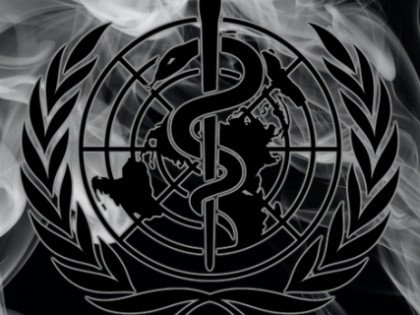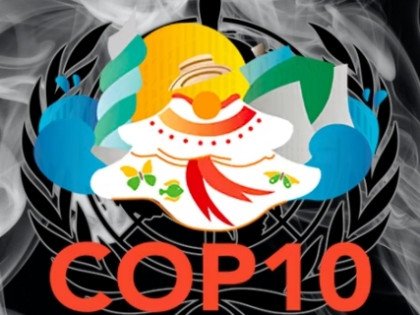“The WHO FCTC's refusal to acknowledge Tobacco Harm Reduction (THR) contradicts the acceptance of harm reduction in other areas of public health,” said Nancy Loucas, a public health policy expert and passionate advocate for tobacco harm reduction and executive coordinator of CAPHRA.
In a hard-hitting submission that reinforces harm reduction as a human right, CAPHRA is calling for the UN’s Special Rapporteur to review the behaviour of the WHO FCTC and the Global Ambassador for Non-Communicable Diseases regarding the stigmatization of THR and its supporters.
“Consumers of safer nicotine products face criminalisation in countries with outright bans, such as India and Thailand, and are stigmatised globally by public health officials, tobacco controllers, and NGOs,” said Ms Loucas.
“Yet, Tobacco Harm Reduction (THR) has been successfully implemented in countries like New Zealand, the United Kingdom, Japan, Korea, and the Philippines, significantly reducing combustible tobacco use rates and moving closer to the 2030 global goal of less than 5% of the population using combustible tobacco.
“CAPHRA is also highlighting the disconnect between the UN's policies on the Right to Health and the WHO FCTC's stance on harm reduction with the WHO FCTC shifting its focus to nicotine, including safer products that millions of adults have used to quit smoking.
“We believe that the FCTC should prioritise science-based, inclusive policymaking based on the best available evidence and ensure that all stakeholders are included in the decision-making process. By incorporating harm reduction strategies and focusing on reducing smoking prevalence, the WHO FCTC can make progress towards its goal of reducing the global burden of tobacco-related diseases and deaths,” Ms Loucas concluded.
The Coalition of Asia Pacific Tobacco Harm Advocates is a regional alliance of consumer tobacco harm reduction advocacy organisations. Its mission is to educate, advocate and represent the right of adult alternative nicotine consumers to access and use of products that reduce harm from tobacco use.
CAPHRA says it remains committed to advocating for the rights of consumers in the Asia-Pacific region to access and use evidence-based, regulated, and properly marketed harm reduction products as a means of reducing the devastating impact of smoking-related diseases.
“We encourage further research, open dialogue, and collaboration with governments, health organisations, and stakeholders to ensure the best possible outcomes for public health.”
References:
- Coalition of Asia Pacific Tobacco Harm Reduction Advocates - https://caphraorg.net/
- Global State of Tobacco Harm Reduction Briefing Paper - https://gsthr.org/briefing-papers/the-fctc-cop10-agenda-and-supporting-documents-implications-for-the-future-of-tobacco-harm-reduction/
- Western Pacific Declaration - https://www.asiaharmreductionforum.online/#wpd
- ‘Drug Policies and Responses: A Right to Health Framework on Harm Reduction - https://www.ohchr.org/en/calls-for-input/2023/drug-policies-and-responses-right-health-framework-harm-reduction
Dave Cross
Journalist at POTVDave is a freelance writer; with articles on music, motorbikes, football, pop-science, vaping and tobacco harm reduction in Sounds, Melody Maker, UBG, AWoL, Bike, When Saturday Comes, Vape News Magazine, and syndicated across the Johnston Press group. He was published in an anthology of “Greatest Football Writing”, but still believes this was a mistake. Dave contributes sketches to comedy shows and used to co-host a radio sketch show. He’s worked with numerous start-ups to develop content for their websites.
Join the discussion
CAPHRA Highlights Tobacco Control Flaws
The Coalition of Asia Pacific Tobacco Harm Reduction Advocates highlights the flaws in tobacco control which has led to the rise of black market in Australia
Alarm Regarding WHO’s Opacity
The Coalition of Asia Pacific Tobacco Harm Reduction Advocates sounds the alarm on WHO and FCTC's “disturbing lack of transparency”
COP10: Use The Evidence
The Coalition of Asia Pacific Tobacco Harm Reduction Advocates demands an evidence-based approach to tobacco harm reduction from the World Health Organisation and the Framework Convention on Tobacco Control
Include Consumer Voices
Consumer advocacy organisation CAPHRA argues that consumer voices should be included when formulating tobacco harm reduction policies






-listing400.jpg)




